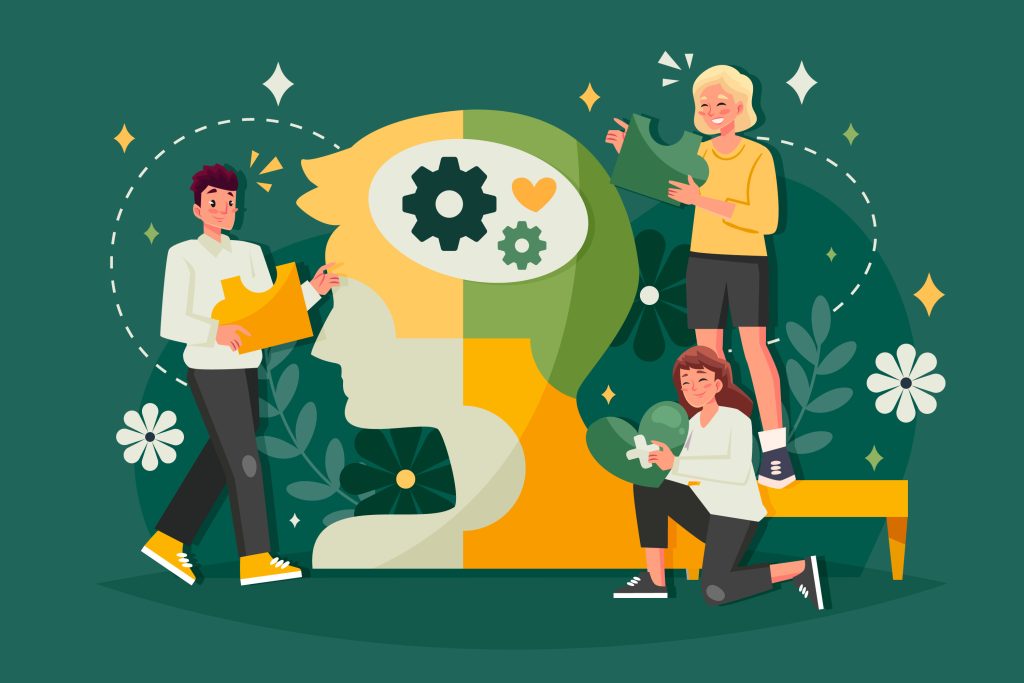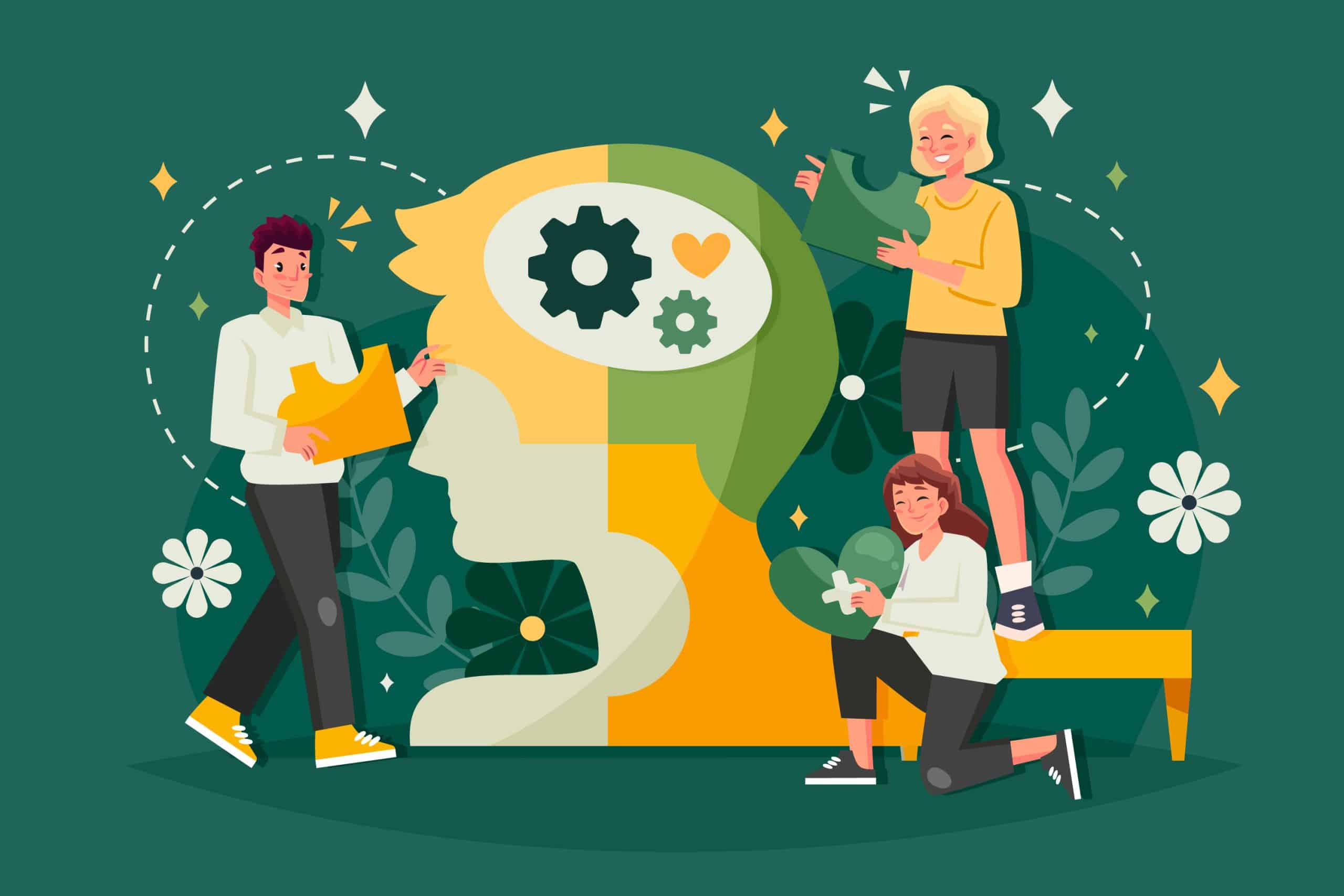In today’s fast-changing work environment, adaptability isn’t just useful—it’s essential. Whether you’re leading a team or just starting out, the ability to develop a growth mindset can set you apart. It’s about viewing challenges as opportunities and setbacks as learning experiences—not failures.
Here’s how to apply growth mindset principles to your professional development.

Understand the Core of a Growth Mindset
Coined by psychologist Carol Dweck, a growth mindset is the belief that abilities can be developed through effort and learning. In contrast to a fixed mindset, which assumes talent is static, a growth-oriented approach encourages:
- Embracing challenges
- Persisting through difficulties
- Learning from criticism
See our guide to personal development habits.
Shift How You View Challenges at Work
To develop a growth mindset, reframe professional obstacles:
- View stretch assignments as opportunities to expand
- Replace “I can’t do this” with “I can’t do this yet”
- Reflect on mistakes as stepping stones to progress
Reframing creates resilience and drives continuous improvement.
Read about daily habits that build adaptability.
Seek Feedback—and Use It Constructively
Feedback, even when difficult to hear, is a powerful growth tool. To use it well:
- Ask for input regularly from colleagues or supervisors
- Listen with curiosity, not defensiveness
- Act on the insights and track your growth over time
A true growth mindset sees feedback as fuel, not failure.
Explore techniques for reducing stress and defensiveness.
Set Learning-Based Goals, Not Just Performance Metrics
Instead of only tracking outputs, incorporate learning goals into your professional plans:
- Focus on mastering a new skill each quarter
- Measure progress in terms of consistency and effort
- Celebrate improvement, not just outcomes
This approach ensures you’re growing sustainably over time.
Surround Yourself With Growth-Oriented Peers
Your mindset is shaped by the people around you. Strengthen it by:
- Engaging in peer mentoring or masterminds
- Sharing goals and learning experiences
- Encouraging others to challenge themselves too
Culture matters—especially in developing a growth mindset.
Final Thoughts: Progress Over Perfection
To develop a growth mindset, focus on daily effort, consistent learning, and welcoming new perspectives. Your career is not a static path—it’s a dynamic journey shaped by your mindset and actions.
Growth doesn’t mean getting everything right. It means getting better, every step of the way.
Find more strategies for intentional career development.
References:
Mindset Works (2023) The Science of Growth Mindset. Available at: https://www.mindsetworks.com (Accessed: 13 May 2025).
Harvard Business Review (2023) How to Embrace a Growth Mindset at Work. Available at: https://hbr.org (Accessed: 13 May 2025).
Psychology Today (2024) Growth Mindset in the Workplace. Available at: https://www.psychologytoday.com (Accessed: 13 May 2025).






